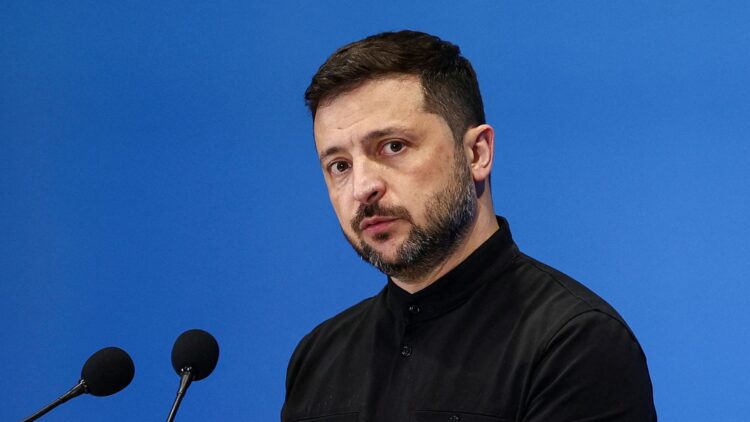The Ukraine, under leadership of President Zelensky has frequented the news headlines. Mostly in part due to the ongoing conflict with Russia. But current situations are for a completely different matter, a cabinet reshuffle. This is the largest one since the start of the war and many would be forgiven for wondering about the logic of all this. But there does seem to be some method to Zelensky’s approach.
Reshuffling some favorable odds
Ukraine will get its first new prime minister of the war on Thursday, as President Volodymyr Zelenskiy tries to wrestle wartime defense spending into shape and win over both Donald Trump and a war-weary public with fresh-faced leadership. Yulia Svyrydenko, 39, the only candidate for the post, is expected to take over a reshuffled cabinet, tasked with scaling up a fledgling arms industry and breathing life into an economy kept afloat by Western lenders.
Zelenskiy’s choice of a young economist well known in Washington reflects the importance of repairing relations with the Trump administration after Zelenskiy’s disastrous White House visit in February. Yulia Svyrydenko is a graduate from the Kyiv National University of Trade and Economics. She obtained her degree in antimonopoly management during 2008.
Strategic cabinet placements
Svyrydenko’s outgoing predecessor, Denys Shmyhal, is meanwhile likely to shift to the job of defense minister, a sign of the importance Kyiv now places in building up the capacity of its defense industry as the best chance of fending off Russia. Svyrydenko, with a more prominent public profile than Shmyhal, has already played a role in shoring up ties with the United States and was one of Kyiv’s main negotiators in reaching a deal that gives Washington preferential access to swathes of Ukraine’s mineral wealth.
Her nomination sends a signal to Washington that Kyiv is prioritizing the relationship, said political analyst Mykola Davydiuk. Shmyhal, 49, was Ukraine’s longest-serving prime minister. Moving him to the defense ministry, a demotion on paper, gives Zelenskiy an experienced technocratic economist in a job that oversees the bulk of Ukraine’s state cash flow. The 2025 budget allocates 2.23 trillion hryvnias $53.2 billion – about 26% of Ukraine’s gross domestic product – for defense spending.
A visionary plan from President Zelensky
The ministry has faced public criticism over poor organization and procurement problems as Ukraine struggles to fend off a bigger and better-armed Russian military. Economically, Kyiv faces the tough challenge of finding money to finance its ballooning budget deficit as foreign aid is set to diminish but defense spending continues to grow. Officials have said Ukraine would need about $40 billion in international financing in 2026 and could face a shortfall of about $19 billion.
Maintaining stability will only become more difficult as the war drags on, complicated by a lack of effective policymakers, said opposition lawmaker Andrii Osadchuk. Earlier this month, Shmyhal’s cabinet came under fire from businesses and civil society for rejecting the candidacy of an economic security chief who had been unanimously backed by an internationally supervised committee. Other opposition lawmakers have criticized what they describe as Zelenskiy’s reliance on an ever-smaller band of close loyalists.
Elections are prohibited while the country is under martial law, a principle widely accepted within Ukraine given the difficulty of staging a vote while millions of people are displaced and cities are under bombardment and occupation. In the basic sense of things, martial law can be understood as the replacement of a civilian government by military rule and the suspension of civilian legal processes for military powers. There does seem to be logical sequencing in all this. The reshuffle can possibly help to maintain some financial and military assistance. And it might also be seen as a way to mend strained relations with President Donald Trump. A further strategy behind this can also be to boost defense production.

